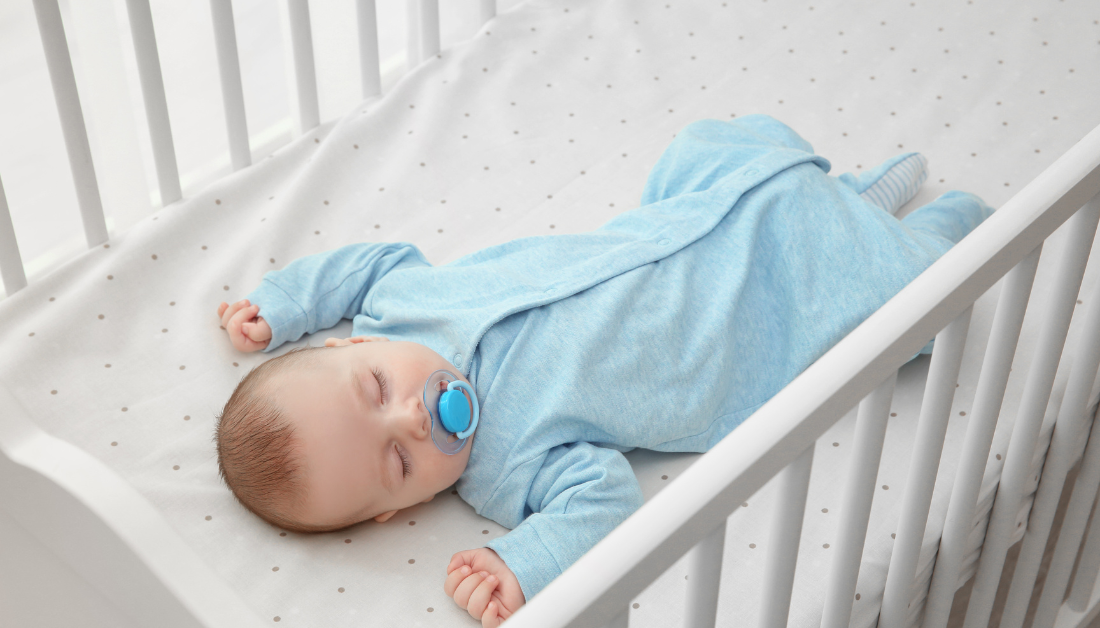

An international team of researchers from Trinity College Dublin and colleagues in Australia, Germany, and the United States discovered evidence that some sort of conscious experience is present at birth, and possibly even in late pregnancy- Infant Consciousness
The findings, published today in Trends in Cognitive Science, have important clinical, ethical and potentially legal implications
In the study, titled “Consciousness in the cradle: on the emergence of infant experience,” the researchers argue that by birth the infant’s developing brain is capable of conscious experiences that can make a lasting imprint on their developing sense of self and understanding of their environment.
The team included neuroscientists and philosophers from Monash University in Australia; University of Tübingen in Germany; University of Minnesota in the U.S., and Trinity College Dublin.
“Although each of us was once a baby, infant consciousness remains mysterious, because infants cannot tell us what they think or feel,” explains one of the two lead authors of the paper Dr. Tim Bayne, Professor of Philosophy at Monash University (Melbourne): “Nearly everyone who has held a newborn infant has wondered what, if anything, it is like to be a baby. But of course we cannot remember our infancy, and consciousness researchers have disagreed on whether consciousness arises ‘early’ (at birth or shortly after) or ‘late’—by one year of age, or even much later.”
The team used recent developments in consciousness science to present a new viewpoint on when consciousness first begins. Some signals from brain imaging have been shown to accurately distinguish consciousness from its absence in adults, and are increasingly used in science and medicine. This is the first time that these markers have been utilized to assess baby consciousness.
Co-author of the study, Lorina Naci, Associate Professor in the School of Psychology, who leads Trinity’s Consciousness and Cognition Group, explained, “Our findings suggest that newborns can integrate sensory and developing cognitive responses into coherent conscious experiences to understand the actions of others and plan their own responses.”
The pamphlet also discusses “what it’s like” to be a baby. We know that babies’ vision is significantly more undeveloped than their hearing, for example. Furthermore, this research implies that while infants are conscious of fewer items than adults and take longer to absorb what’s in front of them, they can quickly handle more diverse information, such as sounds from foreign languages, than their older self.
For more information: Consciousness in the cradle: on the emergence of infant experience, Trends in Cognitive Sciences (2023). DOI: 10.1016/j.tics.2023.08.018
more recommended stories
 National Healthy Longevity Trial Receives Federal Support
National Healthy Longevity Trial Receives Federal SupportKey Summary Up to $38 million.
 Red Blood Cells Improve Glucose Tolerance Under Hypoxia
Red Blood Cells Improve Glucose Tolerance Under HypoxiaKey Takeaways for Clinicians Chronic hypoxia.
 Nanoplastics in Brain Tissue and Neurological Risk
Nanoplastics in Brain Tissue and Neurological RiskKey Takeaways for HCPs Nanoplastics are.
 AI Predicts Chronic GVHD Risk After Stem Cell Transplant
AI Predicts Chronic GVHD Risk After Stem Cell TransplantKey Takeaways A new AI-driven tool,.
 Red Meat Consumption Linked to Higher Diabetes Odds
Red Meat Consumption Linked to Higher Diabetes OddsKey Takeaways Higher intake of total,.
 Pediatric Crohn’s Disease Microbial Signature Identified
Pediatric Crohn’s Disease Microbial Signature IdentifiedKey Points at a Glance NYU.
 Nanovaccine Design Boosts Immune Attack on HPV Tumors
Nanovaccine Design Boosts Immune Attack on HPV TumorsKey Highlights Reconfiguring peptide orientation significantly.
 High-Fat Diets Cause Damage to Metabolic Health
High-Fat Diets Cause Damage to Metabolic HealthKey Points Takeaways High-fat and ketogenic.
 Acute Ischemic Stroke: New Evidence for Neuroprotection
Acute Ischemic Stroke: New Evidence for NeuroprotectionKey Highlights A Phase III clinical.
 Statins Rarely Cause Side Effects, Large Trials Show
Statins Rarely Cause Side Effects, Large Trials ShowKey Points at a Glance Large.

Leave a Comment